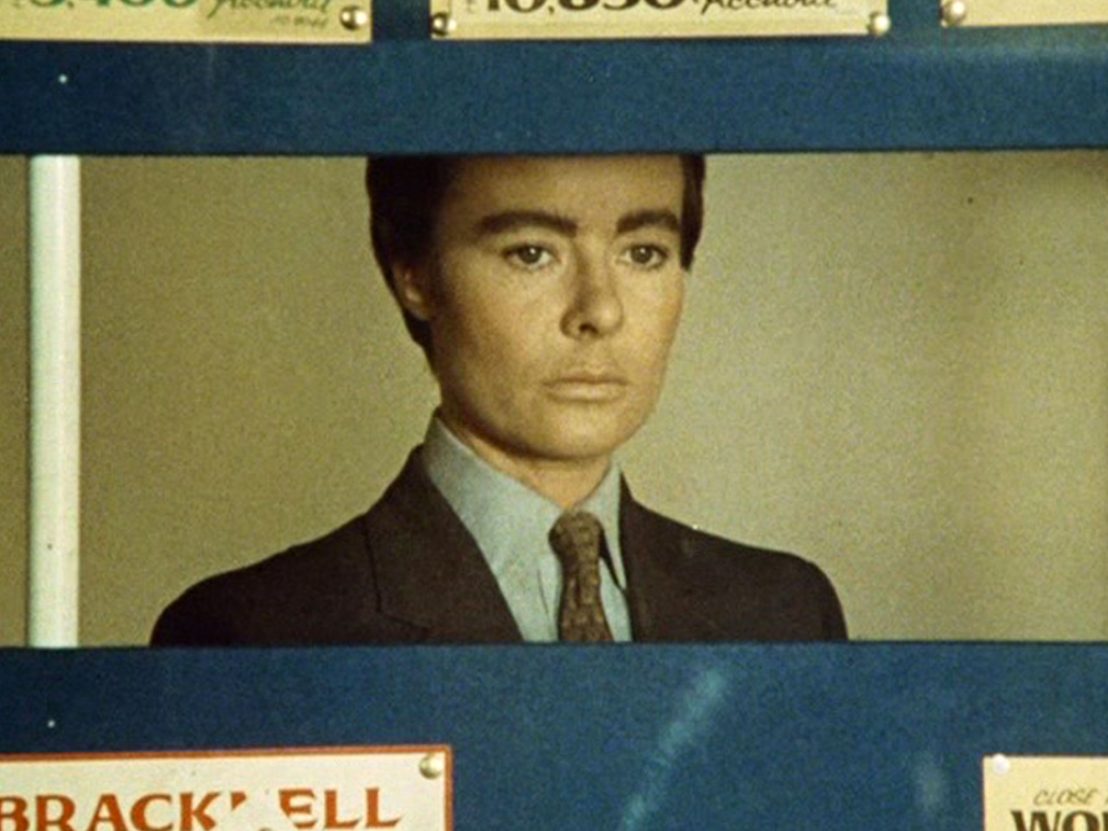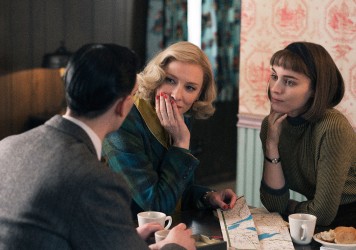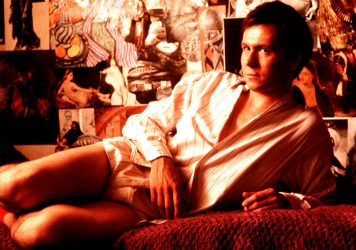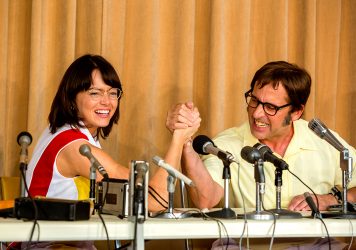
A recent panel discussion on John Dexter’s 1972 film I Want What I Want at London’s BFI Southbank presented an opportunity to reflect on the development of trans women’s representation in film. The film stars Anne Heywood who begins a journey of self-discovery as Wendy. It is one of a number of 1970s films to champion liberation and diversity, along with 1971’s Women in Revolt and 1978’s In a Year of 13 Moons.
One of the panellists at the screening was writer and black trans activist Kuchenga. We asked her to provide a response to I Want What I Want from a modern perspective, how she feels about trans women’s portrayal in film today and what she believes will help ensure greater representation in the future.
“The 1970s was a time when off the back of the women’s liberation movement and the gay liberation movement, there was a lot happening in terms of sex, sexuality and gender. In I Want What I Want you can see the consequences of these movements. There are notes of sadness and tragedy that are still so familiar to the modern lives of trans women. We are not the anthropologist looking at these things for the first time. A lot of these films are going to be viewed by the escalating number of young trans women who are desperate to see themselves. Films like I Want What I Want are still vital for such women who need to learn about themselves, so the more attention that is brought to their existence, the better.
“Although we now have a wider range of films portraying trans women, it’s hard to say that a particular portrayal is accurate, because a story won’t be ‘right on the money’ for all of us. I think you have to tell individual trans stories, and where there has been a conversation with trans viewers – where there are people with an understanding of queer politics behind the camera – there tends to be more success in showing the emotional realities of trans life.
“There’s something about the interaction between the father and Wendy in I Want What I Want that really hits on the existential aspect of gender. He says something like, ‘Why can’t you just be a man?’ That really struck me – if we are looking at gender assumption as a biologically determinist concept, then isn’t it just about one’s genitalia? The existence of intersex and transgender people is so disruptive to that understanding. Existentially speaking, what does it mean to be a man or a woman? Is it about what’s in your underwear or is it about one’s experience and one’s sense of self?
“Contemporary transfeminist campaigner Julia Serano, wrote a manifesto on trans misogyny in which she explores the links between transphobia and sexism. The father’s reaction to Wendy’s transition in I Want What I Want supports Serano’s thesis. His horror suggests that anyone who would choose to exist as a woman must be mentally unhinged or dangerous. There are people in this world that believe that to be a woman is an extraordinary endeavour – not something that is lonely, not something that you have to hide or apologise for, something that should be celebrated on a daily basis… that womanhood is revolutionary.
“The women’s liberation movement started a few years prior to the making of this film. More than 40 years on we are still trying to wrestle with our understanding of womanhood not being something that is inherently inferior and we still have to struggle to see feminine strength as something that isn’t inherently dangerous. I see that in myself – the need for me to think about how I can celebrate my femininity and womanhood and to not give in to patriarchal notions that I need to be subservient to a man in order to feel valid. I like that in the film Wendy is mostly alone, and even though it’s an isolating experience, most of her sense of self is constructed on her own terms. That’s really liberating.”
“It’s important to continue investing in the creation and exposure of these films, but we also need to use this platform to reach out to those who are still frightened of the self-realised modern woman.”
Follow Kuchenga @kuchengcheng and on kuchenga.com
Published 13 Sep 2017

Inspired by Todd Haynes’ Carol, explore our potted history of great films that depict gay lives on screen.

This tragicomic Joe Orton biopic offers a fascinating glimpse into London’s hidden homosexual community.

Emma Stone’s new film serves to highlight the lack of queer icons on screen.